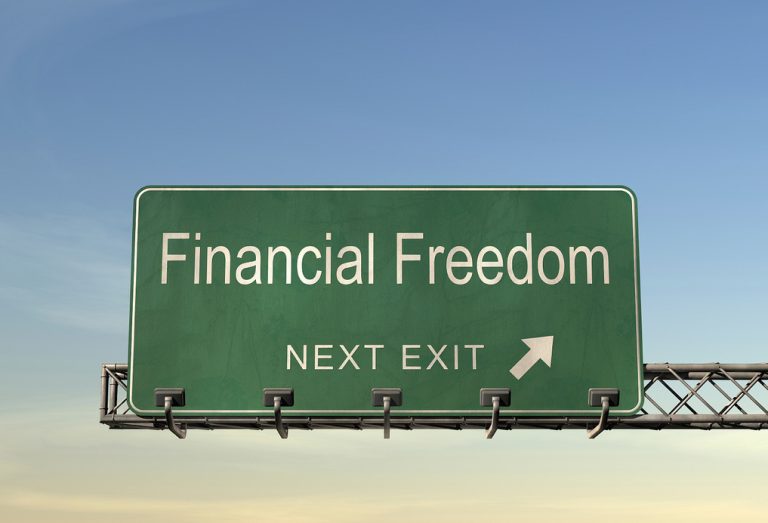Recently, we acted for a lovely couple in another business deal-turned-dispute. In this case, it was a franchise business. The parties had agreed on a price, the vendor had even offered a discount on account of franchise transfer fees, and everyone was looking forward to a quick settlement. Our clients were naturally excited about the prospect of their new money-making venture, and in particular; the low franchise fees and costs, relatively huge revenues and overall simplicity of the business that was promised to them (and advertised).
However, they wanted to have things checked, just in case.
Our first step was of course to review the agreements and conduct some due diligence. Fairly quickly, we discovered that the vendor had lied about the existence of certain intellectual property; the stock to be included was unidentifiable; the asset values were unsubstantiated and their depreciation had most likely been claimed; and the financial records of the business were virtually illegible; although just legible enough to determine that the current owners had been intermingling their personal and business expenses in a somewhat questionable manner; and that the profitability of the business was not even close to what was promised. In fact, it appeared that the business would run at a loss for an extended period.
Given what was described, these matters were material to the deal from our clients’ perspective.
Further, there were certain other essential documents that would not be provided until after completion, which makes very little logical sense and raised further skepticism in this case.
Subject to any tax implications the above might have had for our clients, on one view, some or all of these issues could be fixed and fall away following the handover and with some consistent, proper, management. However, the franchise agreement proved critical. As we usually find, apart from extremely stringent conditions leaving little to no control for our clients, it required payment of a relatively enormous amount of ongoing fees; and the requirement to incur huge, virtually upfront capital expenditure and ongoing fees, predominantly in the sole discretion of the vendor.
There were also numerous rights the vendor had at their complete discretion; that were incapable of predicting or quantifying on the basis of the agreement. Moreover, there was little to no security for our clients in terms of ongoing terms of the agreement past what was left of the current term they were buying into, protection from local competition and so forth.
Obviously, this was a complete surprise to our clients, and contrary to the deal that was put to them.
Our clients decided very quickly that they needed to exit the deal. However, because of what was promised to them, they had paid a deposit to the vendor to “take the business off the market”; with the deposit expressed to be non-refundable. They had also entered into the “in-principle” agreement to purchase the business at the agreed purchase price.
We were able to successfully argue that it was an implied term of the agreement that it was subject to the formal terms and conditions to be provided by way of the documents to come; including the contract for sale, its special conditions and the franchise agreement. Alternatively, we argued that a contract had not been formed because of this condition. This allowed our clients to exit from the transaction, but the argument will not always be open to anyone, depending on the circumstances in each case.
We also had several legal arguments for the immediate return of the deposit, in light of the significant misrepresentations made by the vendor about material aspects of the business. The law was on our side. However, as can happen in any negotiation, the vendor dug their heals in and refused to comply; meaning we would have had to have commenced Court proceedings to retrieve the deposit back. In this case, considering Court costs and the risk that legal fees would not ultimately be indemnified by the vendor; our clients decided it was not commercial to pursue, and effectively forfeited their deposit (2.5% of the purchase price).
If you’re considering a franchise, take away the following points:
1. There will generally always be more than meets the eye when buying into an existing franchise or entering a new franchise agreement. Your first port of call should be to have the franchise agreement reviewed carefully.
2. Never make any unconditional offers without first conducting all due diligence. If you feel you absolutely have to make or accept an offer to secure an opportunity, always express the offer or acceptance to be subject to the terms and conditions of the formal contract.
3. Where possible, always avoid paying non-refundable deposits. If a vendor really does have other prospective purchasers lined up; they won’t be worried about having to return a deposit if the deal falls through. If the vendor insists, always try to define the events in which the deposit will be non-refundable so as to allow for a refund if due diligence; and/or a contract review shows certain pre-contractual representations to be untrue.
4. Before going too far down the franchise road, give some serious consideration to whether a franchise is the best option; or whether you could establish and run another business on your own. By their nature, they will generally always be significantly more expensive to run.
5. Always have a lawyer read the fine print. There will be discretionary charges and fees, conditions, rules and so forth in the franchise agreement that could be deal-breakers; and often are invisible to the lay person.
At Green & Associates, we are experts in applying for no convictions; and have an excellent success rate in achieving this for our clients.
Regardless of the charge, we are ready to be in your corner and assist you during this uncertain time. If you or someone you know needs assistance with franchise, business, corporate or commercial issues, contact our office today.




